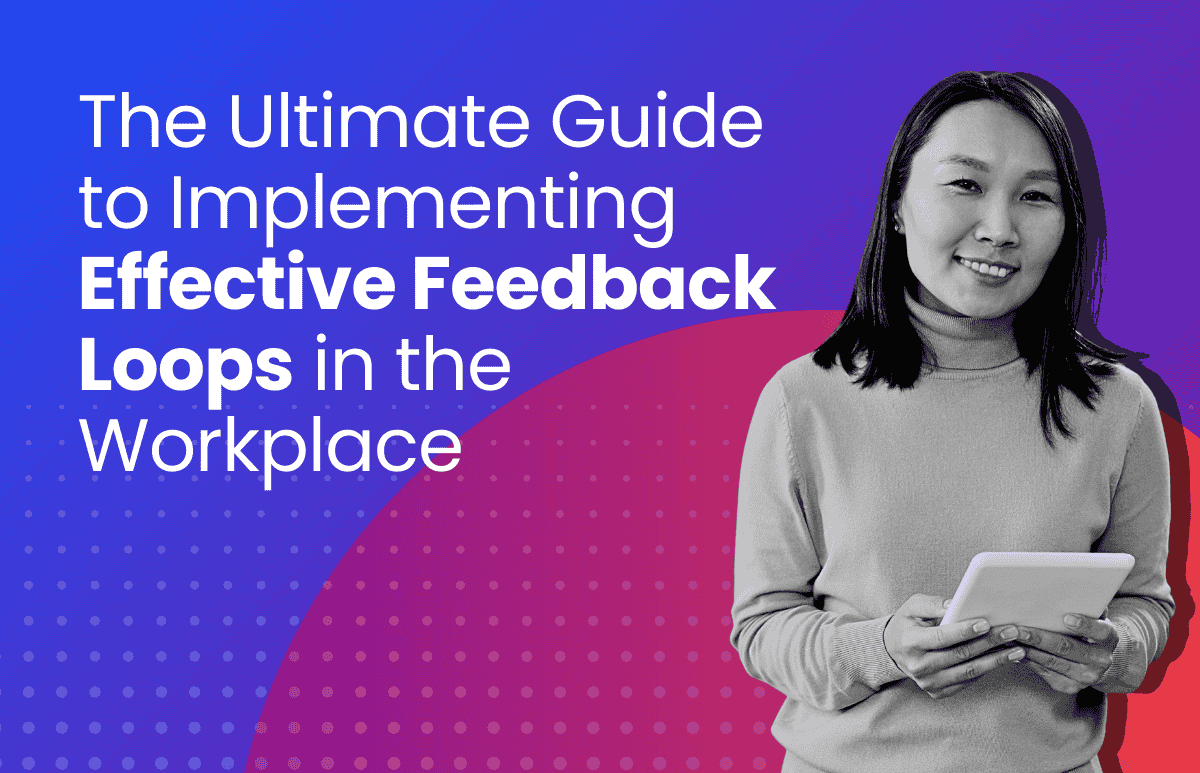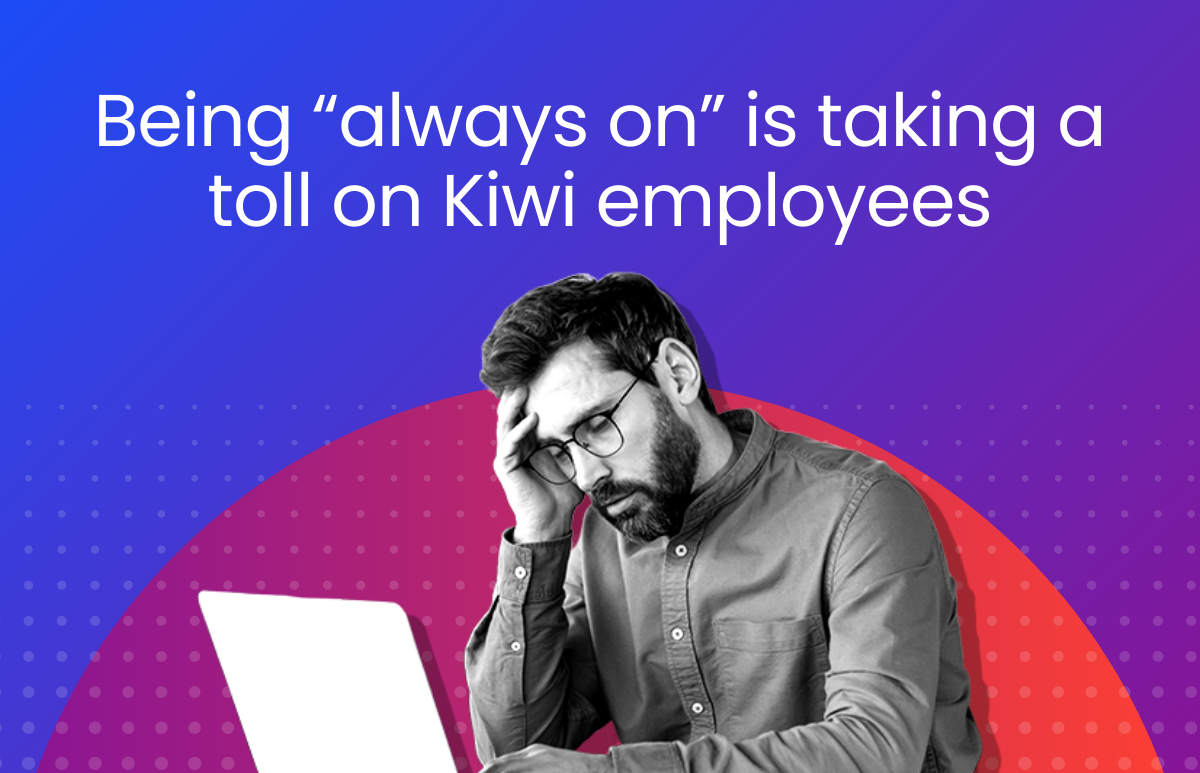How Employers Can Help Offset the Rising Cost of Living

Rising cost of living: the stats
From fuel costs to groceries, the price of our everyday commodities is on the rise and many people are beginning to feel the pinch. The issue is affecting employees not only in Australia and New Zealand, but in the UK and many other nations across the globe.
The economic uncertainty of the past few years has been compounded by labour and material shortages, as well as conflicts overseas. Energy prices have shot up too, by as much as 20% for some customers.
According to ELMO’s recent Employee Sentiment Index, which surveyed over 1500 employees, almost a fifth (19%) of Australian workers say they are not working enough hours to meet their cost of living needs. And it’s not just COVID-19 that is impacting finances. The majority of respondents (78%) said that they worry that global conflict overseas will negatively impact economic security.
HR leaders may well think there’s little their organisations can do to help. After all, businesses are feeling the skyrocketing costs too – especially when it comes to wages. But while there is no obligation to act, organisations that are cognisant of the issues facing their people can help to build trust and boost morale with just a few simple steps.
What’s more, financial stress can have a debilitating impact on employees’ wider health, leading to high levels of anxiety, worry and distraction at work. And given the fierce war for talent gripping ANZ at the moment, it pays to go the extra mile for the sake of employee wellbeing. So where can organisations begin?
5 strategies to improve employees’ financial health
Offer flexible working
For many organisations, offering flexible or hybrid working is already well underway. But for those businesses requiring employees back in the office five days a week, consider the impact on the financial health of your staff. Reducing the number of days employees must commute by half can have a significant impact on their weekly or monthly travel costs.
By removing the need to commute every day, employees may be happy to take a cheaper option like public transport. Not only does this reduce their fuel costs, but encouraging more people to use public transport is hugely beneficial for the environment. It’s a win-win.
ELMO Hybrid Work helps organisations to safely manage their transition into the new world of work. Featuring customisable capacity limits and scheduling, ELMO Hybrid Work removes the logistical challenges of a dispersed workforce by empowering employees with self-service tools.
Consider a cycle-to-work scheme
More common in the UK, cycle-to-work schemes help employees to buy bicycles without the daunting upfront cost. If the price of fuel is a particularly draining expense for employees, the option to cycle into work, or cycle and catch the train, could prove popular.
Again, these sorts of schemes have flow on benefits to both the environment and employees’ physical wellbeing.
Encourage employees to car-pool
In areas where public transport is limited, there may be little choice but to drive. However, employees can save on costs by buddying up with colleagues who live near-by. Encouraging a car-pool scheme within the organisation helps to get the ball rolling, introducing employees to others who are making a similar commute.
If you like this idea, why stop at just your organisation? Staff may even be able to car-pool with employees from different companies in the same building. Joining forces with other businesses fosters a stronger extended network, demonstrating initiative to help employees reducing their living costs.
Offer financial education
While offering financial education may not have an immediate effect on employees’ back pockets, improving financial literacy can have a significant impact in the long-term. It’s an area of knowledge that many of us lack and the appetite for financial education has boomed in the past few years. Consider the popularity of figures such as The Barefoot Investor or financial podcasts and it’s clear to see that many people want to become more savvy with their money.
Of course employers must be careful about the education or advice they provide – especially around riskier topics such as investing. But more often than not, it’s the basics most people lack. Consider facilitating lunch and learn sessions on topics such as budgeting, superannuation, and simple good practices. There are a range of experts and outside providers available to deliver sessions, both virtually and in-person. For organisations with an Employee Assistance Program (EAP), it’s worth exploring the services on offer in relation to financial health.
Most importantly, ensure these sessions are engaging, accurate, and delivered in a format and time that suits the majority of employees. Before getting started, consider running a quick pulse survey to understand the topics employees would like to see.
Offer subsidies or discounts at retailers/food outlets
For organisations with little to no budget, this might not be an option. But where possible, it’s worth exploring the costs of subsidising services such as gym memberships or subscription apps for employees.
These types of costs quickly add up for employees, and while a gym membership may not seem essential on the surface, we all know the benefits of exercise and having a ‘third space’ away from home and the office. In a time when the threshold between our home and work has become more blurry, a place to escape can offer a wealth of both mental and physical health benefits.
On a per-employee basis, the cost of a corporate membership may deliver a significant return-on-investment in terms of boosting employee engagement, improving retention, and demonstrating the organisation’s values as an employer.
ELMO Software is a cloud-based solution that helps thousands of organisations across Australia, New Zealand and the United Kingdom to effectively manage their people, process and pay. ELMO solutions span the entire employee lifecycle from ‘hire to retire’. They can be used together or stand-alone, and are configurable according to an organisation’s unique processes and workflows. Automate and streamline your operations to reduce costs, increase efficiency and bolster productivity. For further information, contact us.
 HR Core
HR Core 









